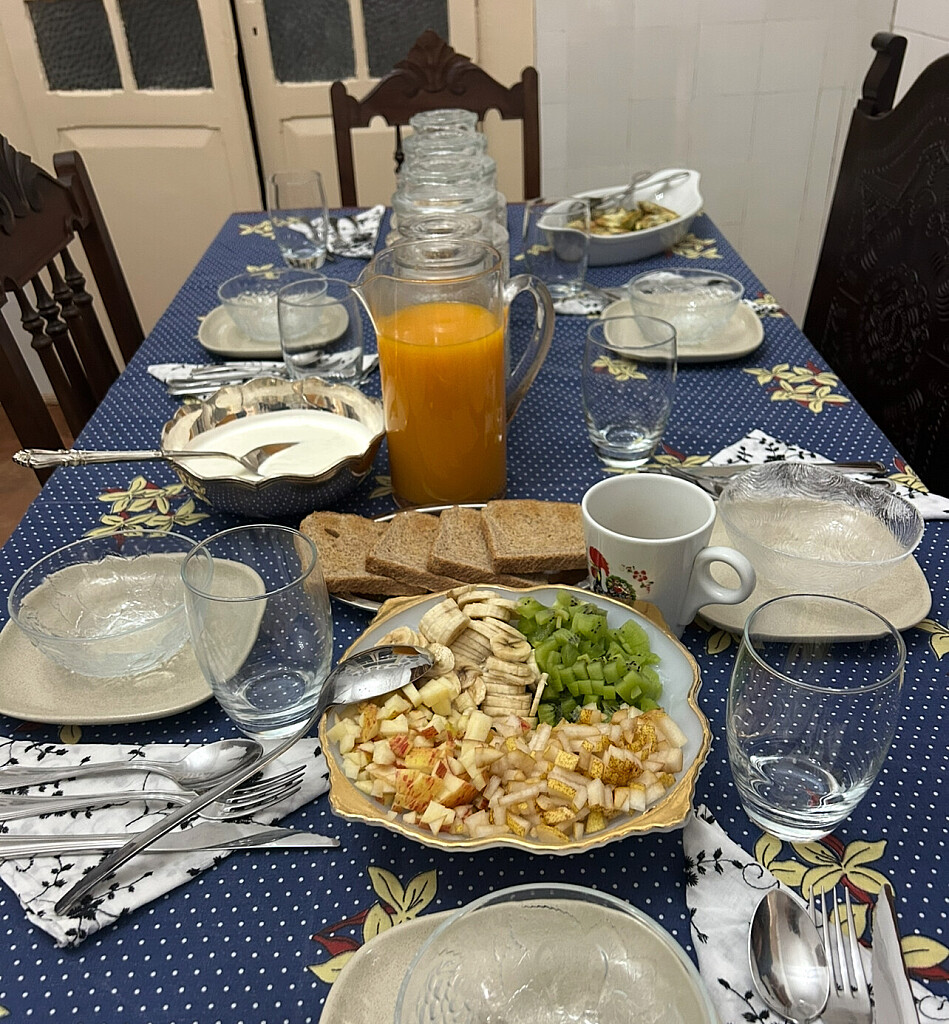Running News Daily
Running News Daily is edited by Bob Anderson. Send your news items to bob@mybestruns.com Advertising opportunities available. Train the Kenyan Way at KATA Kenya and Portugal owned and operated by Bob Anderson. Be sure to catch our movie A Long Run the movie KATA Running Camps and KATA Potato Farms - 31 now open in Kenya! https://kata.ke/
Index to Daily Posts · Sign Up For Updates · Run The World Feed
The Fueling Strategy of a Champion—Jimmy Muindi’s Approach to Nutrition and Race Preparation - Part three
In Parts One and Two, we explored Jimmy Muindi’s remarkable journey from a young barefoot runner to an elite marathoner, and his transition into coaching at the Kenyan Athletics Training Academy (KATA) in Portugal (all photos taken at KATA located at Anderson Manor Retreat in Monforte da Beira Portugal). Now, in Part Three, we delve into a critical element of running success—nutrition and hydration.
Training alone isn’t enough to maximize performance. Proper fueling and strategic race preparation play a major role in an athlete’s ability to perform at their best. Muindi has learned firsthand, through years of competing at the highest level, that what and when you eat can make or break a race.
At KATA Portugal, Muindi applies these same principles to his coaching, ensuring that runners understand not just how to train, but also how to eat and hydrate for peak performance.
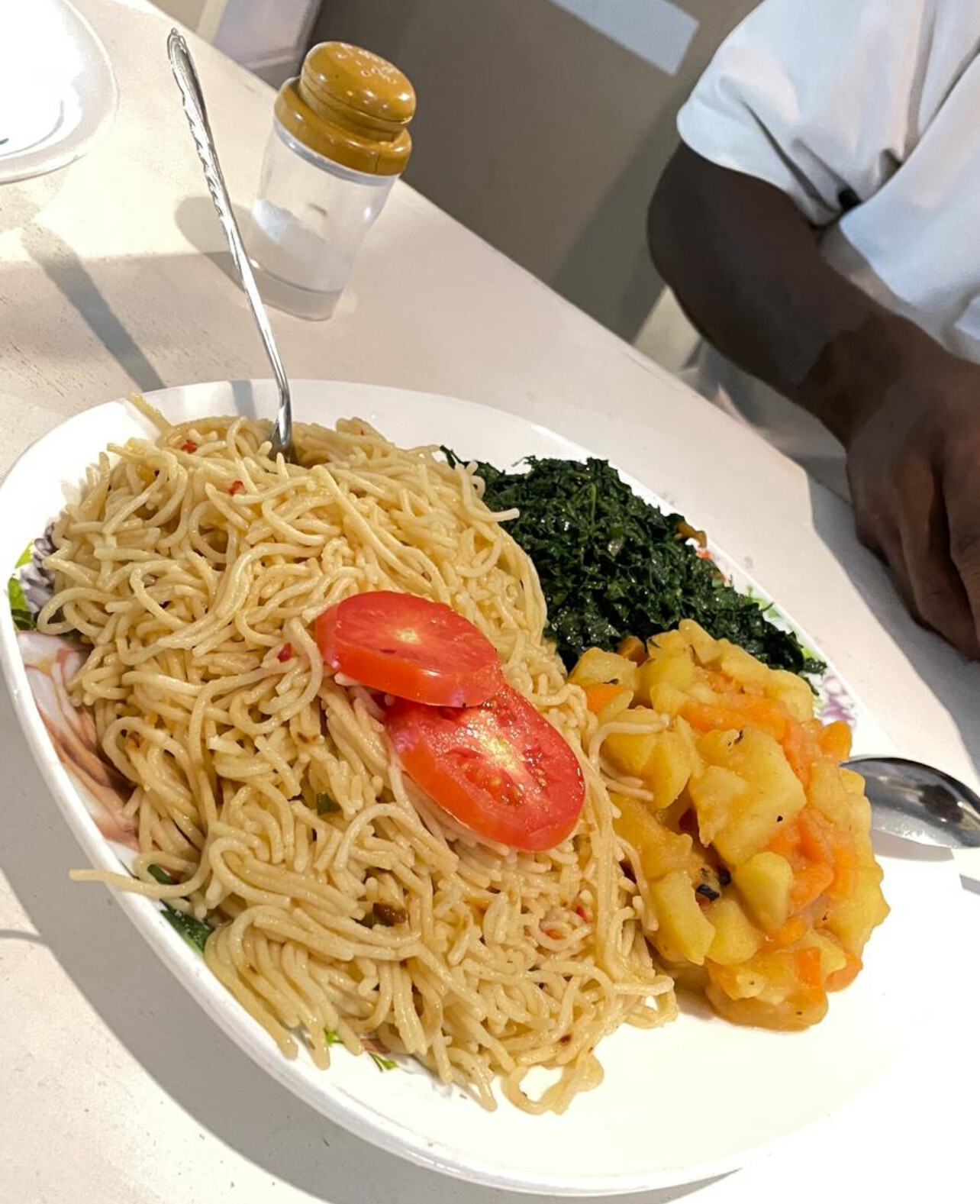
The Key to Fueling: Why Two Nights Before the Race Matters Most
Many runners focus on carb-loading the night before a race, but Muindi emphasizes that the most important meal happens two nights before the race.
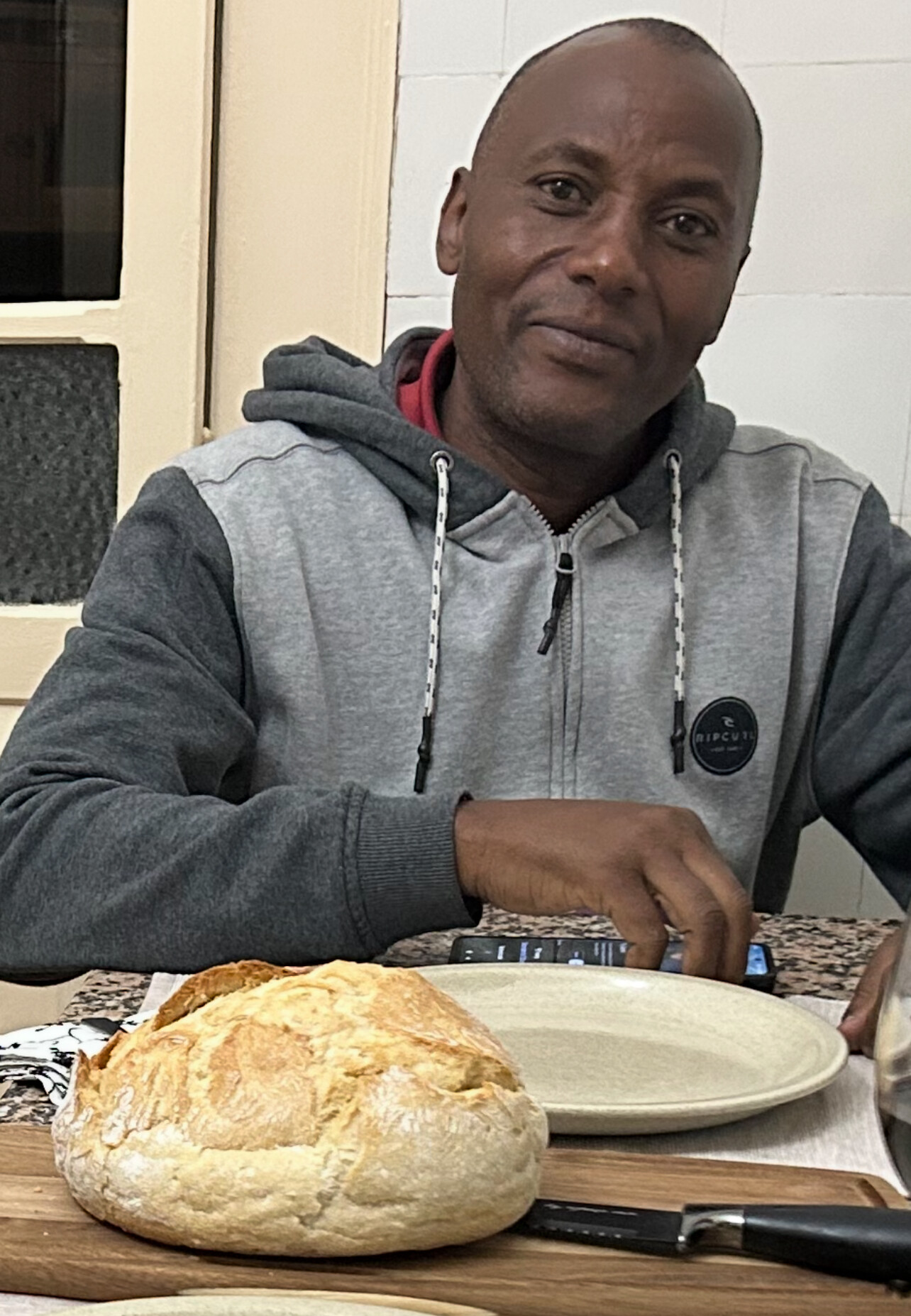
“If you eat too much the night before, your body doesn’t have enough time to fully process and store the energy properly,” Muindi explains. “Instead, it’s two nights before when you need to eat your biggest meal. That’s when your body is in the best position to absorb the nutrients and store glycogen for race day.”
This strategy is a hallmark of elite Kenyan runners. While they do eat a balanced meal the night before, it’s more about maintaining energy stores rather than overloading.
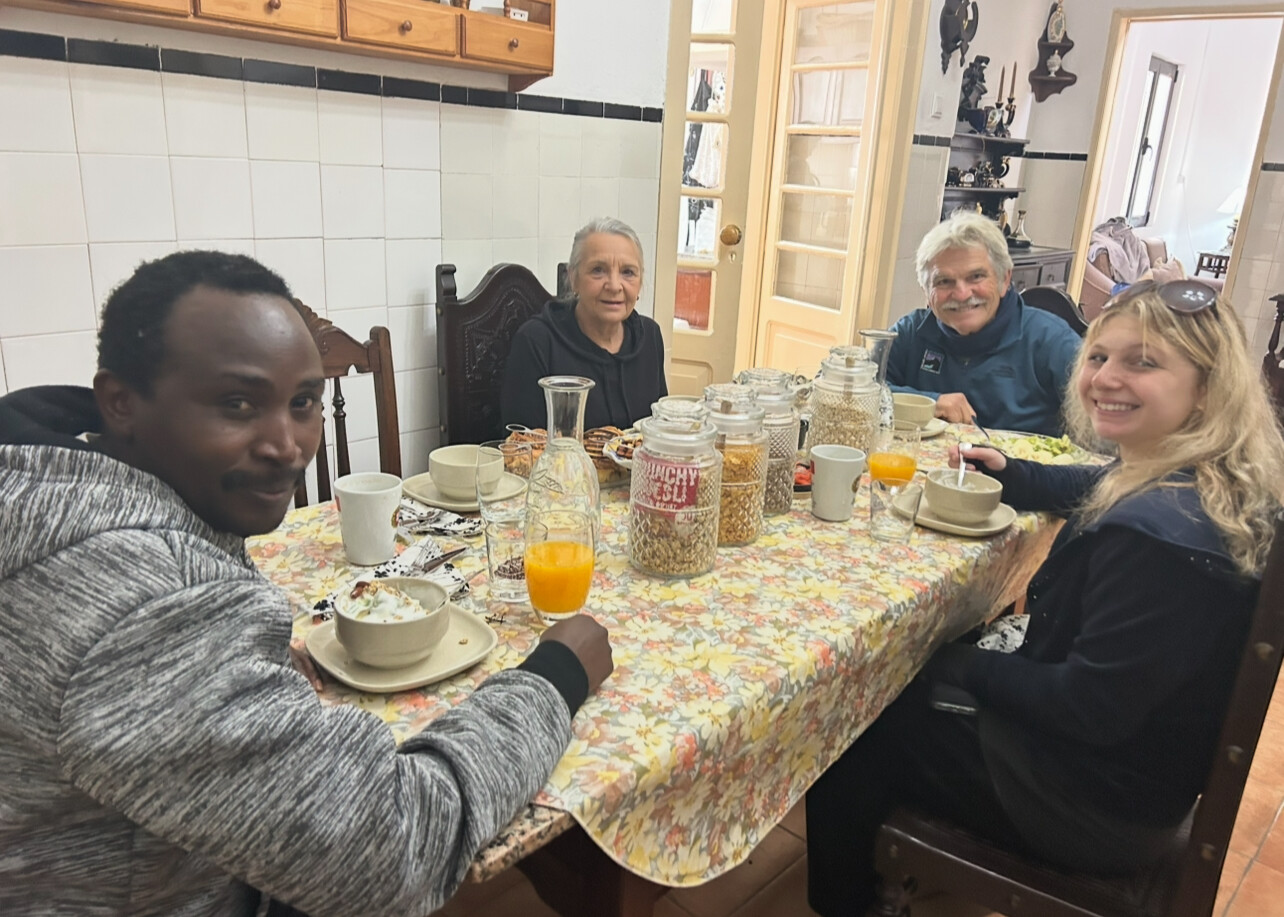
The Kenyan Runner’s Diet: Simple, Natural, and Effective
For decades, Kenyan distance runners have followed a diet that is both simple and highly effective. Muindi is no exception.
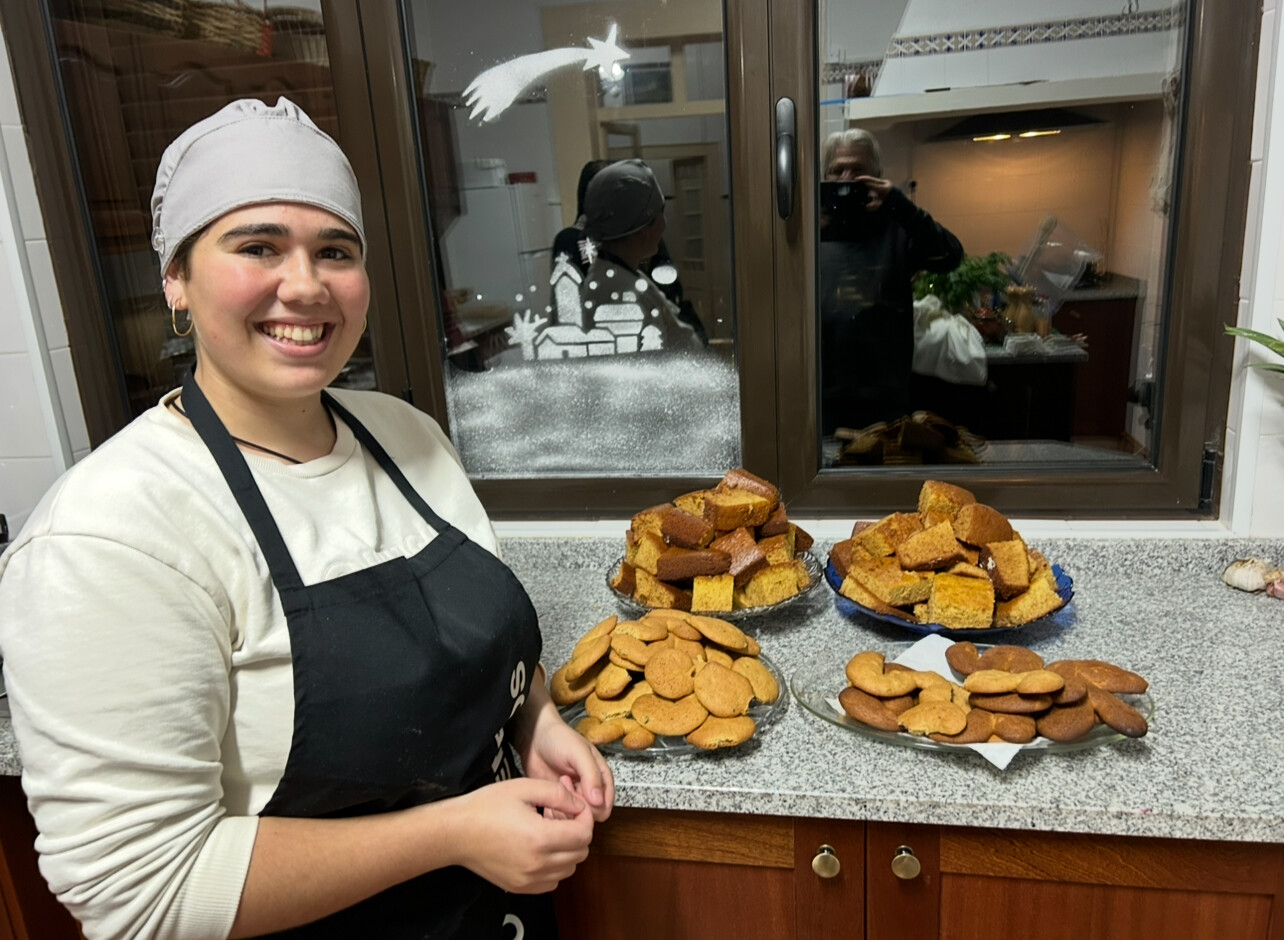
At the core of this diet are:
• Carbohydrates (about 75-80% of daily intake)– Ugali (a maize-based staple), rice, and potatoes provide the primary energy sources.
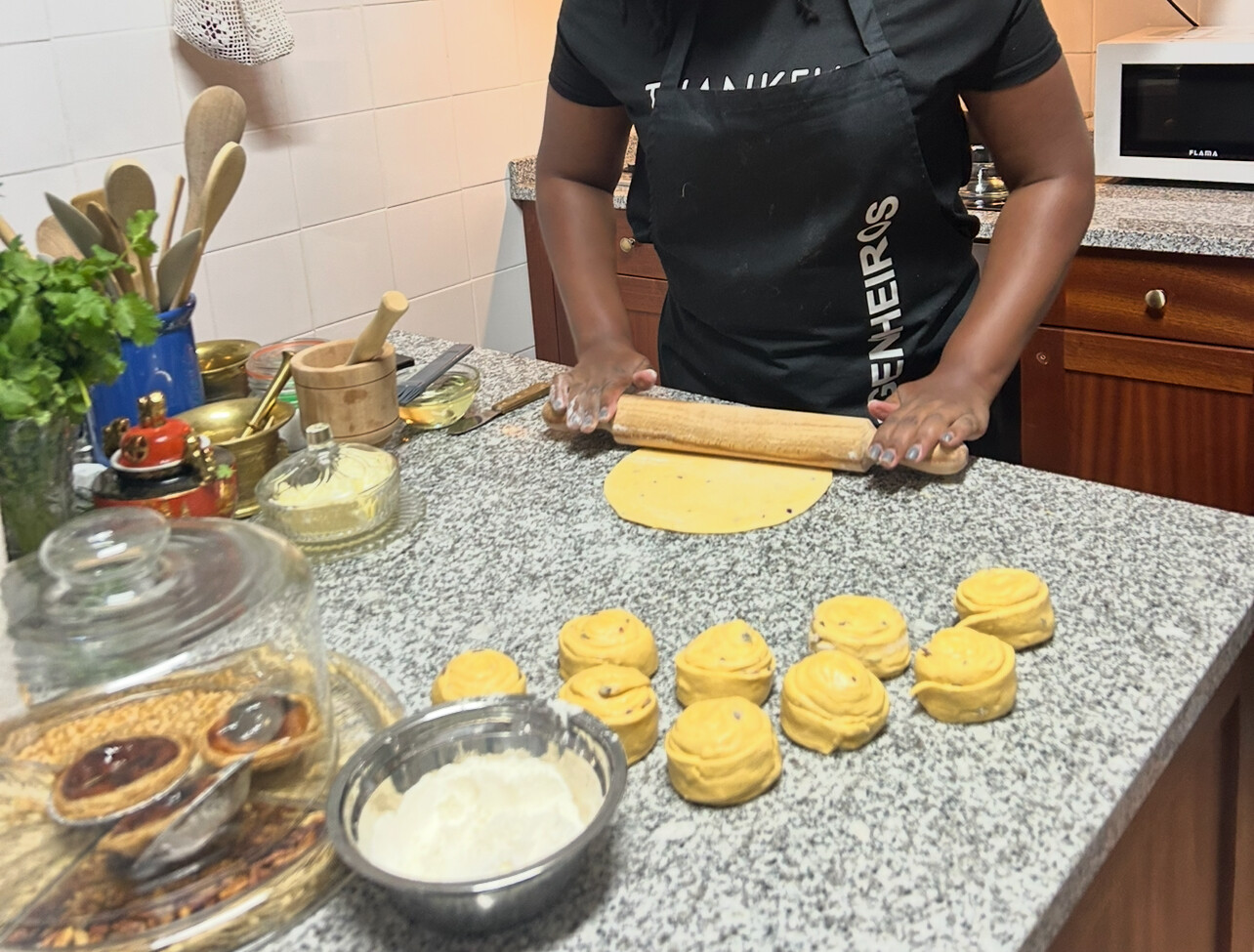
• Vegetables– Greens such as sukuma wiki (collard greens), spinach, and cabbage are common.
• Proteins (about 10-15%)– Beans, lentils, eggs, and occasionally meat (usually chicken, goat, or beef, but not in excess).

• Healthy fats– Avocados, nuts, and milk from cows or goats.
• Tea with milk and sugar– This is an important part of a Kenyan runner’s daily routine. Tea is consumed multiple times a day, often before and after training sessions. The combination of milk and sugar provides quick energy while keeping hydration levels up.
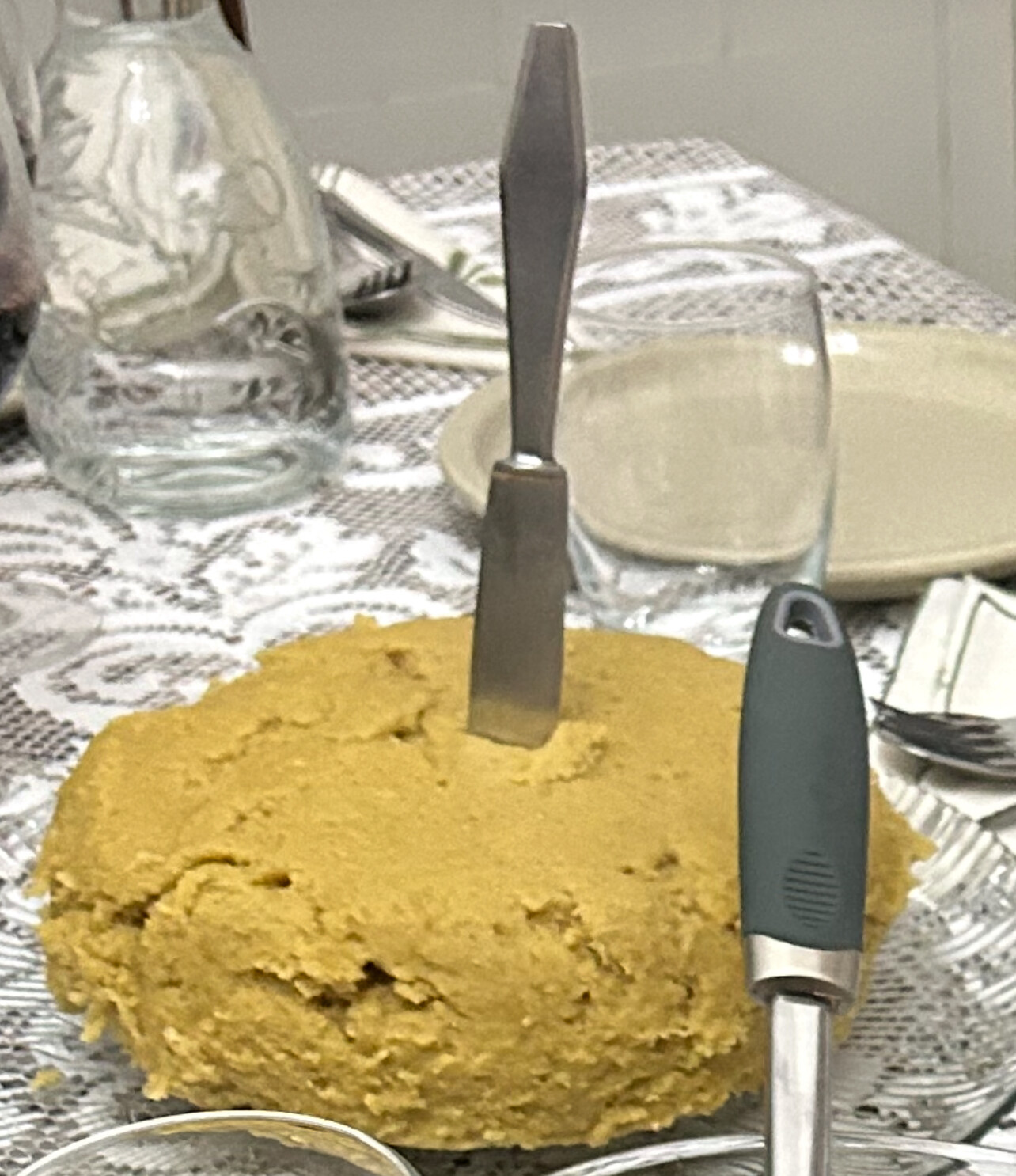
What’s notably absent from the traditional Kenyan diet is excessive processed foods. While sugar is used in tea, highly refined snacks and artificial ingredients are avoided. Instead, the focus is on whole, home-cooked meals with natural ingredients.
Pre-Race Nutrition Strategy
Muindi breaks his pre-race nutrition plan into three key phases:
1. Two Nights Before the Race – The Most Important Meal
• Large serving of ugali or rice for carbohydrates
• Protein source (beans, lentils, or chicken)
• Cooked greens for vitamins and minerals
• Hydration: Water and tea with milk and sugar
2. The Night Before the Race – Keeping It Light
• A smaller portion of carbohydrates (usually rice)
• Light vegetables
• Minimal protein (to avoid digestion issues the next morning)
• Hydration: Water, tea with milk and sugar, no heavy or fatty foods
3. Race Day Morning – Quick, Easily Digestible Energy
• A slice of bread with honey
• A banana for quick energy
• Black tea or tea with milk and sugar
• No heavy meals—just enough to keep energy levels stable without causing stomach discomfort
Hydration Strategy: Timing Matters
Muindi's approach to hydration during a marathon is disciplined and strategic. Unlike recreational runners who may sip water frequently, he does not take any water until after the 5K mark. From that point onward, he drinks water every 5K, adjusting based on weather conditions.
“For me, being out there for just over two hours, I don’t need to drink too much,” Muindi explains. “I know my body, and I hydrate well before the race, so I only take small amounts of water every 5K.”
However, Muindi acknowledges that this approach isn’t suitable for everyone.
“If you are running at a four-hour pace or longer, your hydration needs change. For runners expecting to be on the course for four, six, or even eight hours, regular hydration is critical. In these cases, you need to take in more fluids and also consume calories—things like bananas or energy gels—to maintain energy levels.”
Muindi emphasizes that each runner should plan their hydration strategy according to their race pace, experience, and the race-day conditions.
At KATA Portugal, Muindi teaches runners how to fine-tune their hydration plans so they don’t overhydrate but also don’t risk dehydration. He helps runners determine when and how much to drink based on their training intensity and expected race time, ensuring they develop an optimal balance of water intake, electrolyte replenishment, and fuel consumption.
Collaborative Coaching at KATA Portugal
Muindi works closely with Bob Anderson, a lifetime runner and the founder of KATA. Anderson, who started Runner’s World magazine in 1966 at the age of 17, has dedicated his life to the sport of running. His passion led him to establish KATA in Kenya in 2019, and subsequently, KATA Portugal in 2024. Anderson and his wife, Catherine, spend approximately 45% of their time at KATA, actively engaging with the running community and supporting the academy’s mission.
The academy ensures that there is always a certified Kenyan coach available, providing authentic training experiences rooted in Kenyan running culture. This collaborative environment fosters a holistic approach to training, combining Muindi’s expertise with the rich traditions of Kenyan athletics.
Beyond Running: A Retreat for All
KATA offers more than just a running camp. It also caters to hikers, walkers, and individuals seeking relaxation and a respite from the hectic world. Nestled in the village of Monforte da Beira in central Portugal, with a population of just 310 people, KATA provides the quiet environment that many people seek. This tranquil setting allows guests to unwind, explore scenic trails, and immerse themselves in the local culture, making it an ideal destination for both active and leisure pursuits.
How Muindi Teaches Nutrition at KATA Portugal
At KATA Portugal, Muindi ensures that guests learn by doing. The training program isn’t just about running—it’s also about understanding how to fuel like a champion.
• Meals at KATA Portugal follow the same principles as the Kenyan elite training camps. Guests experience a diet that emphasizes complex carbohydrates, natural proteins, and proper hydration.
• Workshops and discussions provides insight into meal timing, nutrient absorption, and the importance of eating for recovery.
• Pre-race meal planning helps runners adjust their own routines based on what has worked for world-class marathoners.
One of the most valuable lessons Muindi imparts is that nutrition is about consistency, not last-minute changes. Runners at KATA Portugal learn how to eat for performance long before race week, making proper fueling a habit rather than a stress factor.
by Boris Baron
Login to leave a comment


